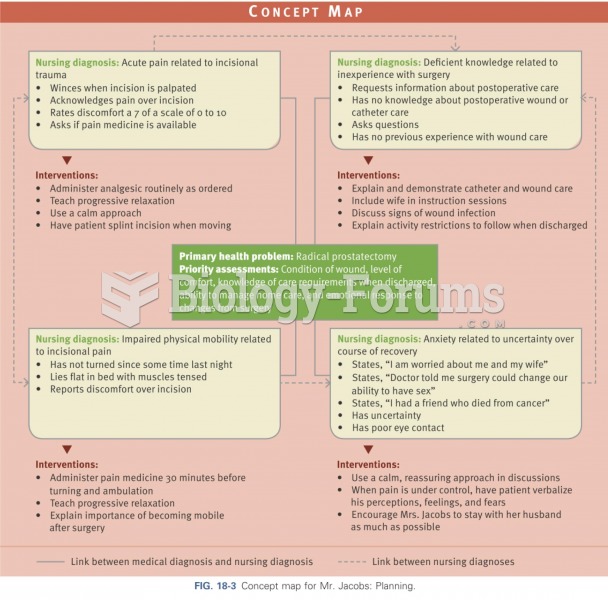Answer to Question 1
Comparable worth is the concept of jobs having equal pay for equal work. Jobs don't
have to be exactly the same, but are compared in terms of the working conditions, the
amount of training required, and the degree of responsibility one has over others' work.
Jobs that are ranked equivalently on these dimensions should receive equivalent pay.
Answer to Question 2
The criminal justice system refers to the local, state, and federal agencies that enforce laws, adjudicate crimes, and treat and rehabilitate criminals. The system includes the police, the courts, the correctional facilities, and the people in myriads of police agencies, courts, prosecutorial agencies, correctional institutions, and probation and parole departments. The criminal justice system is made up of many bureaucracies that have considerable discretion in how decisions are made. Discretion refers to the use of personal judgment by police officers, prosecutors, judges, and other criminal justice system officials regarding whether and how to proceed in a given situation. The police are a prime example of discretionary processes because they have the power to selectively enforce the law and have on many occasions been accused of being too harsh or too lenient on alleged offenders. The role of the police in the criminal justice system continues to expand. The police are responsible for crime control and maintenance of order, but local police departments now serve numerous other human service functions, including improving community relations, resolving family disputes, and helping people during emergencies. The problem of police discretion is most acute when decisions are made to use force (such as grabbing, pushing, or hitting a suspect) or deadly force (shooting and killing a suspect). Generally, deadly force is allowed only in situations in which a suspect is engaged in a felony, is fleeing the scene of a felony, or is resisting arrest and has endangered someone's life. Although many police departments have worked to improve their public image in recent years, the practice of racial profiling the use of ethnic or racial background as a means of identifying criminal suspectsremains a highly charged issue. Criminal courts determine the guilt or innocence of those persons accused of committing a crime. In theory, justice is determined in an adversarial process in which the prosecutor (an attorney who represents the state) argues that the accused is guilty and the defense attorney asserts that the accused is innocent. In reality, judges have considerable discretion but are still constrained in some cases by structured sentencing guidelines. Prosecuting attorneys also have considerable leeway in deciding which cases to prosecute and when to negotiate a plea bargain with a defense attorney. As cases are sorted through the legal machinery, a steady attrition occurs. At each stage, various officials determine what alternatives will be available for those cases still remaining in the system. About 90 percent of criminal cases are never tried in court; instead they are resolved by plea bargaining, a process in which the prosecution negotiates a reduced sentence for the accused in exchange for a guilty plea. One of the most important activities of the court system is establishing the sentence of the accused after he or she has been found guilty or has pleaded guilty.







